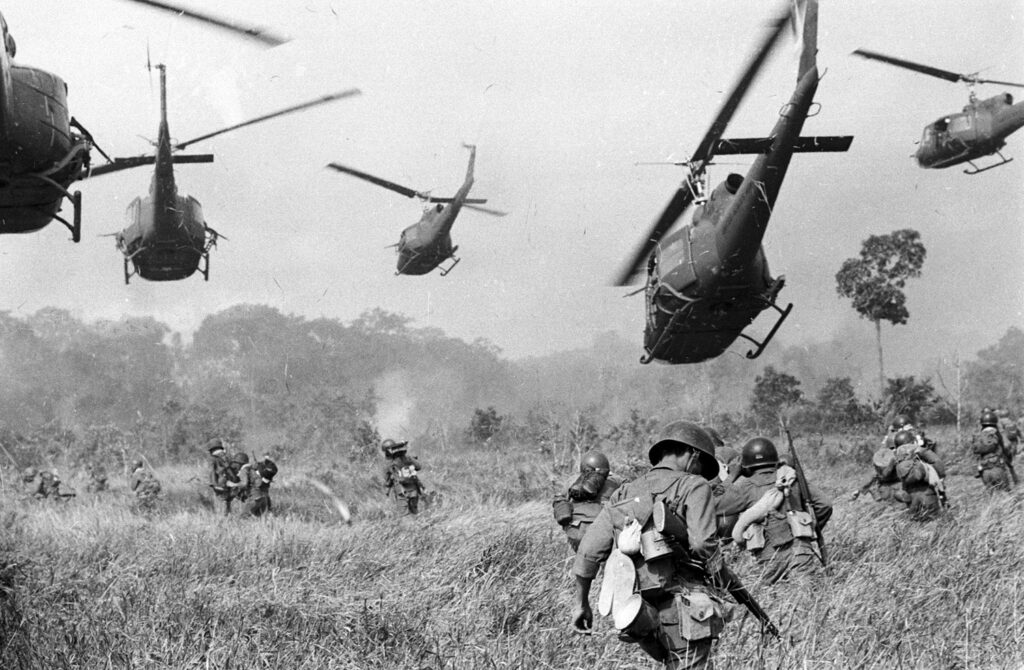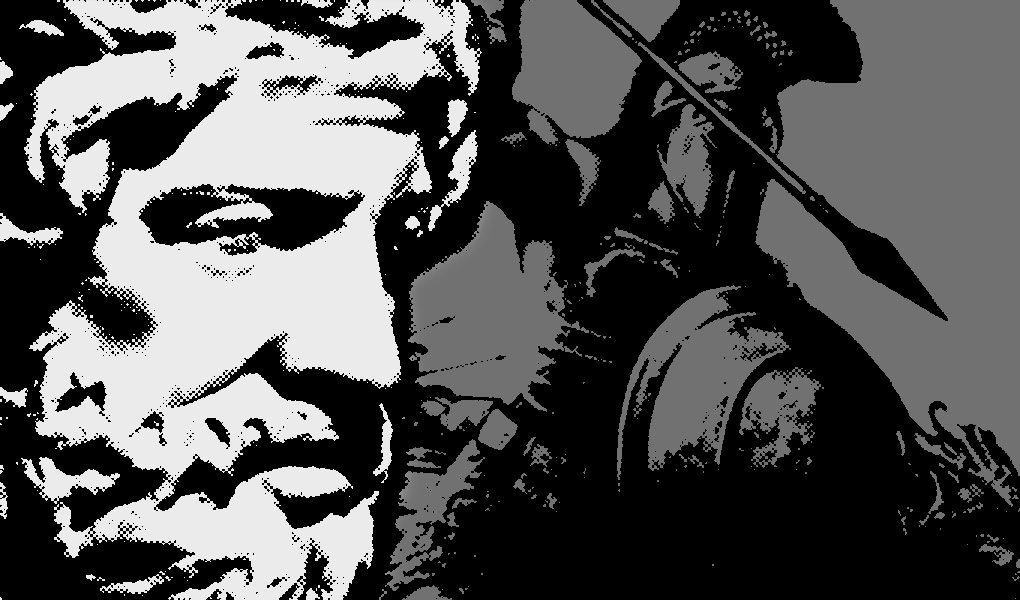Coronel Swami de Holanda Fontes
Yes, the title is a plagiarism of the name of one of Plutarch’s works. Born 46 years after Jesus Christ and died at the age of 74, this Greek was a philosopher, writer, mathematician and moralist poet, having taken Roman citizenship when he moved to Rome. With a privileged intelligence, he knew how to observe human nature, possibly because he had been to many countries where he had represented his homeland on various missions.
In his work How to profit from your enemies, Plutarch gives advice on how to govern, lead the people and treat people; he addresses the issue of envy, jealousy, passions, among others, in order to explain how we can conduct our actions so that we can improve the way we treat things and human relationships. An example cited by the Greek is the reflection made on fire, which burns those who touch it, but provides light and warmth for those who know how to take advantage of its characteristics.
Plutarch uses as a starting point to express his thoughts, the conduct and effect of the enemy on us and what we should do to counter their actions.
“Since the enemy curiously observes our actions, it is necessary for us to be attentive to ourselves, and this vigilance becomes a habit of virtue. Emulation is moral restraint.”
(Plutarch)
How can we keep an eye on ourselves? Is it through policing, patrolling our conduct, discipline?
According to some concepts, and in a nutshell, discipline is the set of laws or orders that govern a group of people or a society, and can also be obedience to an authority. The word has the following synonyms: conditioning, respect, obedience, compliance, etc. Self-discipline, or conscious discipline, refers to doing the right thing of one’s own free will and not out of fear of punishment or punishment. From a social point of view, discipline means an individual’s good conduct towards society.
The opposite of discipline, on the other hand, is indiscipline, i.e. when there is no order, rules and proper behavior, or when regulations are disrespected. Thus, each society, or social group within that same society, can have a set of norms and rules of conduct that vary according to their precepts.
The term “discipline” has different meanings for different social groups or depending on the situation. For the school environment, it can have one meaning; for the workplace, another; for the church, one, and so on. For an athlete, for example, it can mean their commitment to a training routine; for someone who cares about their health, it can mean their perseverance for a healthy lifestyle.
The Brazilian Army’s Disciplinary Regulations (R-4) specify the concept of discipline and the manifestations of how military discipline materializes:
“Art. 6. Military discipline is the strict observance and full compliance with laws, regulations, norms and provisions, reflected in the perfect fulfillment of duty on the part of each and every one of the components of the military organization.
§ Paragraph 1 – The essential manifestations of discipline are:
1) the correctness of attitudes;
2) prompt obedience to orders from superiors;
3) full dedication to the service;
4) spontaneous collaboration for the collective discipline and efficiency of the institution.
§ Paragraph 2 – Discipline and respect for the hierarchy must be maintained at all times by active and inactive military personnel.”
Military discipline is exercised almost entirely consciously by military personnel, who obey regulations and follow written or unwritten rules. It is also obvious that there are sporadic and occasional cases, whether intentional or not, of unwanted conduct, but which are quickly used as examples so that others don’t fall into the same situation.
In the military world, history shows that discipline is considered necessary to achieve victory in a conflict. In an environment where you can’t fail, conscious obedience within a hierarchical structure is essential for survival. It’s no wonder that hierarchy and discipline are constitutional principles that form the basis of military organizations.
In the Vietnam War, while on the one hand the Americans lost the war at home due to a lack of support from public opinion, which did not accept the sons of the soil returning home in black sacks, on the other hand, the loss of discipline on the part of the American military, across a broad spectrum, was put to good use by the Viet Cong. Among the best technologically prepared troops, cases of inappropriate behavior, disrespect for the rules, non-compliance with the precepts of hierarchy, contempt for the local culture, breach of class decorum, lack of ethics and moral values, and military misconduct (even the most mundane, such as the simple lack of discipline regarding lights and noises on patrol) were well exploited in the theater of operations by the force considered to be weaker.

Nowadays, the issue of indiscipline can be very well exploited in virtual environments by our opponents. Hence the need to value attributes and values such as respect for the dignity of the individual, patriotism, civic-mindedness, professionalism, loyalty, constancy, truth, honor, honesty and courage.
If we know how to take advantage of our opponent’s indiscipline or make good use of our discipline, we will certainly succeed in our causes. It is worth remembering that what is in our hands is easier to manage than what is in the hands of others. We can therefore see the importance of this issue, both in society, so that we have an environment of harmony, and in the military, so that those who have the power to impose or maintain peace have the credibility and confidence to fulfill their missions to the nation.
Finally, without wishing to be presumptuous or question Plutarch’s work, he could have dealt more deeply in his book with how to take advantage of the enemy using our discipline or the indiscipline of our opponent.
Finally, as history shows, to this day it is very difficult for anyone or anything to take advantage of this fundamental pillar of the Brazilian Army, discipline.
Coronel Swami de Holanda Fontes
Colonel Fontes is an Artillery Officer from the Agulhas Negras Military Academy. He has completed the following internships and courses with the Brazilian Army: social communication, Military Escalator and Psychological Operations internships, training in Organizational Strategic Planning, specialization in Geo-Historical Bases for Strategic Formulation, a master’s degree in Military Operations and a master’s degree in Military Sciences, Command and General Staff, Basic Paratrooper and Basic Military Intelligence courses. At the Brazilian Intelligence Agency he took the Notions of the Terrorism Phenomenon course and at the Escola Superior de Guerra, the Joint Operations Doctrine Extension Course. Abroad, he specialized in Strategic Intelligence at the Intelligence Institute of the Argentine Armed Forces; in National Military Security and Command at the National Defense University of China; in Political Doctrine in Social Communication and in Social Communication Operations, the latter two courses at the North Atlantic Treaty Organization (NATO) school in Germany. He was an intelligence analyst at the Ministry of Defense and a counterintelligence analyst at the Army Intelligence Center. He commanded the Intelligence Operations Groups of the 3rd Motorized Infantry Brigade in Cristalina/GO and the 16th Jungle Infantry Brigade in Tefé/AM, the Reserve Officers’ Training Center of the 3rd Campaign Artillery Group – Mallet Regiment, in Santa Maria/RS, the Artillery course at the Officers’ Training School in Rio de Janeiro/RJ and the 7th Campaign Artillery Group – Olinda Regiment, in Olinda/PE. He was Head of the Operations Section and Head of the Public Relations Division of the Army Media Center. He is currently Chief of Staff of the 7th Army Division in Recife/PE.
